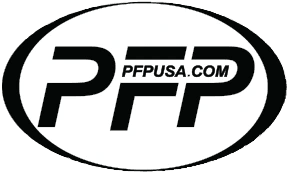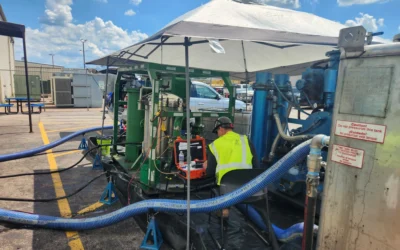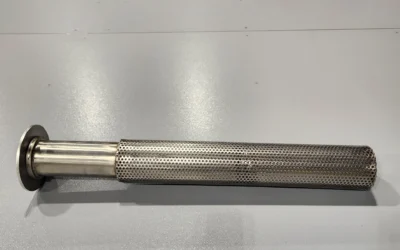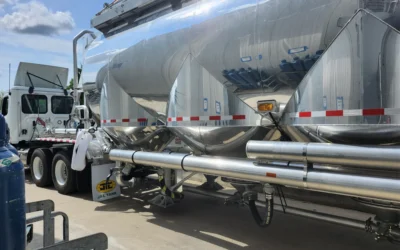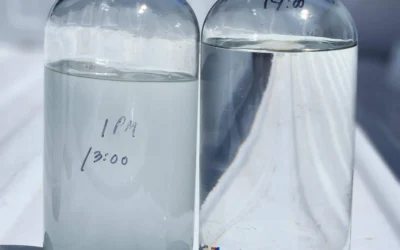
Over time, fuel stored in tanks begins to degrade due to environmental exposure and tank conditions. Contaminants such as water, microbial growth, and particulate contamination can compromise its quality, putting both equipment and operations at risk.
When contamination occurs, facility managers are often faced with two options: polish the existing fuel or replace it entirely. Let’s find out which choice makes the most sense based on the condition of your fuel, the needs of your operation, and the cost implications involved.
When to Choose Fuel Polishing
Fuel polishing is a remediation method that targets contamination without discarding the fuel. Trained technicians use a closed-loop system to circulate the fuel through high-efficiency filtration equipment. This process removes water & sediment while keeping the fuel stored in place.
While fuel polishing can remove some suspended microbial contamination, fully addressing microbial growth typically requires the use of chemical additives, like biocides, to prevent further reproduction and recontamination.
If the fuel has not chemically broken down and the contamination is moderate, polishing can restore it to acceptable standards. In these situations, fuel polishing offers a lower-cost solution that avoids product loss and limits operational disruption.
When is Fuel Replacement Necessary?
Fuel replacement is the process of substituting contaminated fuel for newer fuel. Though fuel replacement is necessary in certain cases, it comes with significant cost. Removing degraded fuel requires coordinated disposal, which is often costly, especially when dealing with commercial and industrial quantities.
After disposal, sourcing new fuel involves selecting a supplier that consistently delivers high-quality product, while managing the timing of delivery to align with operational demands. The receiving tank must be properly prepared to prevent immediate recontamination – such a process is often referred to as tank cleaning.
It’s important to note that new fuel is not necessarily clean fuel. Even freshly delivered product can carry particulates or trace water, especially if it’s been stored or transported in poorly maintained tanks. For that reason, post-delivery filtration is still recommended to ensure the fuel meets the required cleanliness standards before it enters your equipment.
Making an Informed Decision
Determining whether to polish or replace contaminated fuel depends on the condition of the product and the urgency of the operation. While replacement may be necessary is severe cases, polishing is often the most appropriate choice when contamination is caught early.
At Precision Filtration Products, we specialize in on-site fuel polishing and tank cleaning services tailored to critical facilities like data centers, industrial facilities, and hospitals. Whether you’re responding to a contamination issue or implementing a preventive maintenance plan, our expert team of fuel quality specialists are ready to help you protect your fuel systems and avoid unnecessary replacements.
Have questions? Speak with one of our filtration experts about fuel remediation or preventative maintenance plans.
Fuel needs polishing? We'll come to you.
Our mobile fuel polishing services are designed to keep your emergency power systems compliant, reliable, and ready—right where you are.
